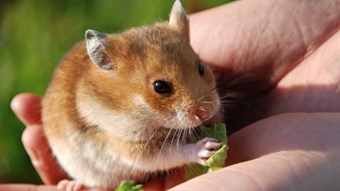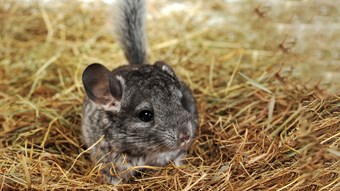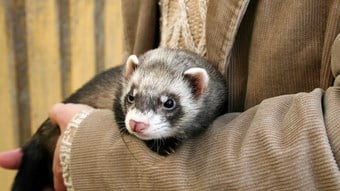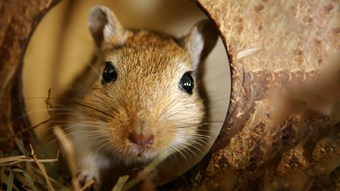Ferret Advice
Ferrets can make wonderful companions and love to play, some even like to go for walks on leads. Read our ferret advice articles ranging from vaccinations we advise, to whether you should consider neutering them. Find out more about microchipping them as well as protecting them against fleas and other parasites. Check with your local Vets4Pets for more information.
-

Nurse clinics for pets
Veterinary nurses run clinics to help keep your pets in top condition, offering services such as checking your pet's weight and dental checks.
-

Orthopaedics and Fracture Repair
Veterinary orthopaedics may be needed to help with any abnormality your pet develops or to repair fractures from injuries. Find out more about our services.
-

A Guide To Feeding Your Small Pet
Nutritional health can be overlooked for some small pets, so read our advice to make sure you’re providing your new family member with everything they need.
-

Spring Tips For Small Pets
As the first signs of spring start to appear, read our handy tips and advice to ensure that you and your small furry can make the most of the new season.
-

Fleas And Your Small Pet
Fleas aren’t fussy, and will take a bite from most warm-blooded animals such as small furries who usually pick them up from other pets in the home.
-

Feeding Your Ferret
The nutrition you provide your ferret is hugely important – food provides the building blocks for everything that happens in your ferret’s body.
-

Giardia And Your Ferret
Giardia are a type of protozoa – a microscopic parasite – which lives in the small intestines. Read our expert advice to find out more.
-

Choosing Your New Small Pet
Small pets encompasses a range of species that suit different households, including Guinea-pigs, hamsters, gerbils, degus, rats and chinchillas.
-

Handling Small Pets
Although the smaller pets may seem flexible and robust, they need to be handled with care and correctly. Click here to find out how to handle your small pet.
-

Microchipping Your Ferret
Find out the benefits of microchips and everything else you need to know when microchipping your pet ferret. Useful pet health advice from Vets4Pets.
